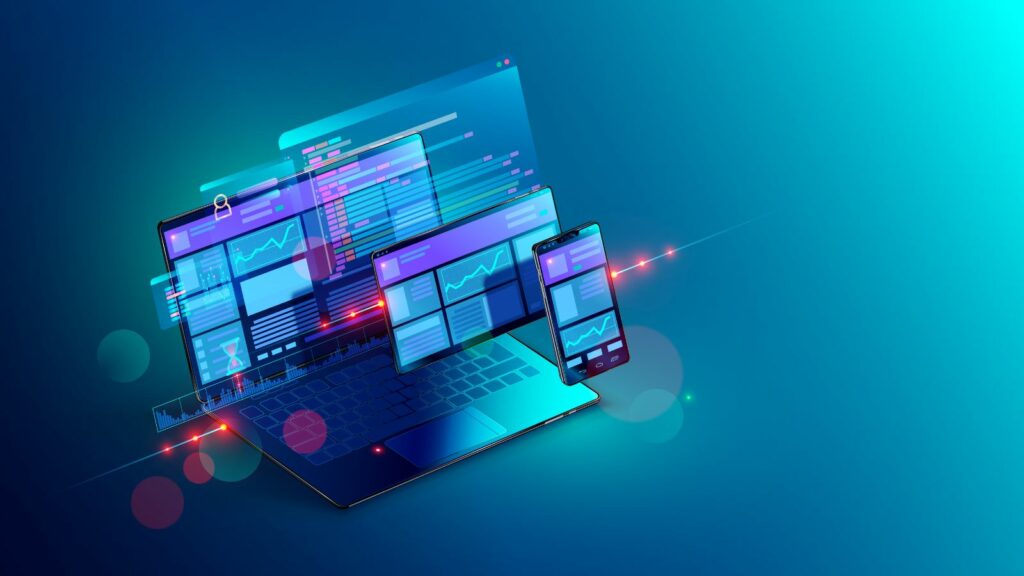Technology is more merged into our daily lives than ever, offering convenience and connectivity. However, many of these gadgets and services they provide collect personal data in ways we might not expect. From smartphones and smart televisions to fitness trackers and voice assistants, the gadgets we rely on could be quietly tracking our habits, recording our conversations, and sharing data with third parties. While some of this is done to enhance user experience or improve services, it comes at the expense of privacy, leaving us vulnerable to potential misuse of our personal information. Here are 18 ways your devices and tech could be spying on you:
Smartphones Track Location
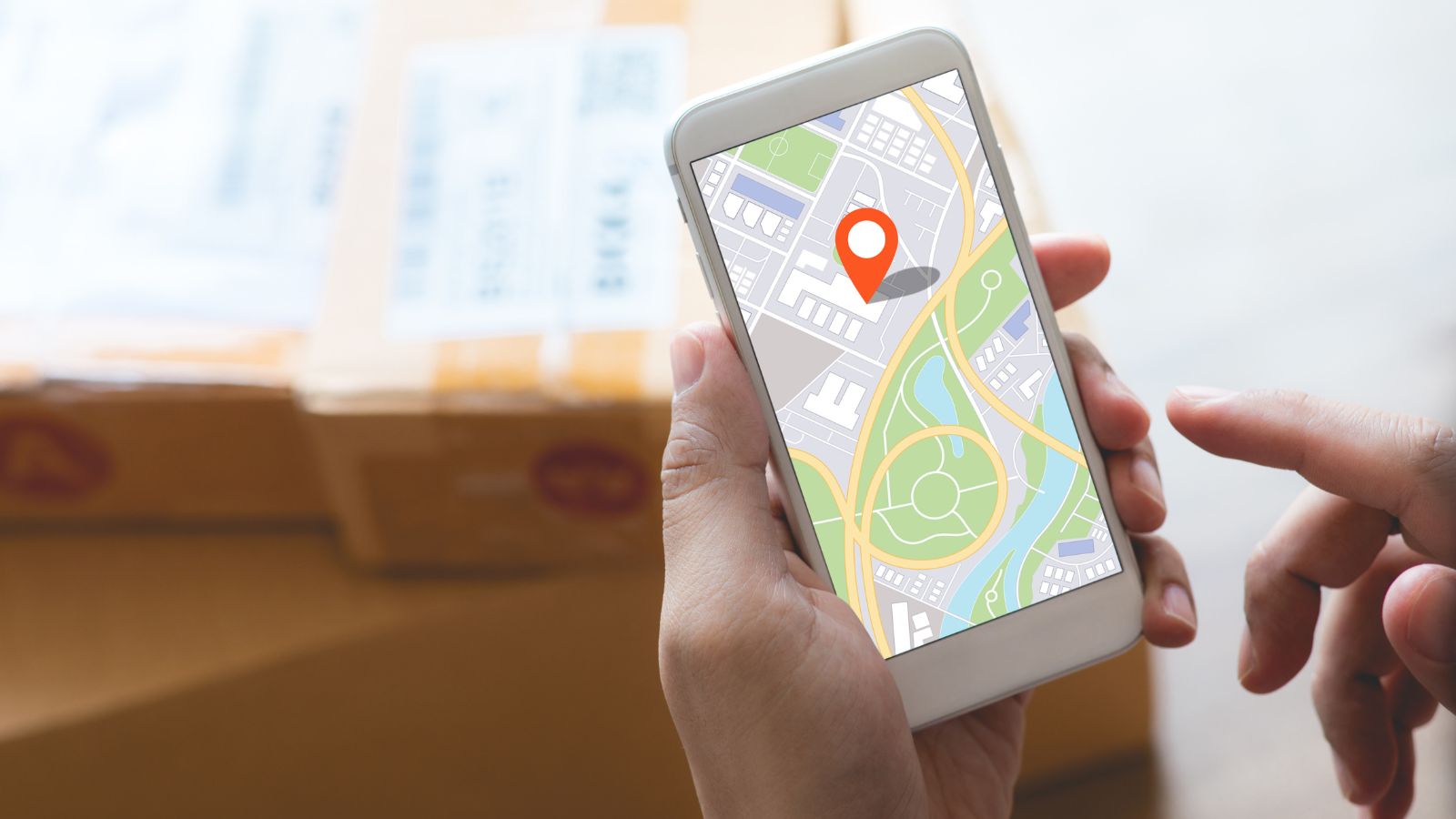
Even when you are not using map or location-based apps, GPS, Wi-Fi, and cellular data on your smartphones track your location constantly. Most apps, service providers, and advertisers collect this information to understand people’s location and routine. This could enhance navigation services, personalized advertising, or many other services. However, it threatens privacy because this information can be shared or exploited.
Voice Assistants are Always Listening

Voice assistants always listen to words like “Hey, Siri” on iPhones. Because they are designed to be activated only when the trigger phrases are used, they sometimes pick and record conversations to which they are not entitled. These recordings could be stored or forwarded to third parties for analysis, raising many issues about privacy.
Social Media Apps Monitor Habits

Social media apps like Facebook or Instagram monitor your activities—what you like, share, or search for. Based on this information, they create a profile of your interests and sell personal space with ads and content attached to your profile. They can even track activities done outside an application, like what type of websites one visits, by embedding tracking into that activity.
Smart TVs Watching You

Smart TVs have cameras and microphones embedded inside the set, allowing it to take voice commands and video calls. These features may easily be exploited, allowing hackers or manufacturers to invade your privacy.
Web Browsers Track Search History

Web browsers track your search history by storing the sites you visit, your queries on searches, and even your online activities through cookies. This data is used to track and send personalized advertisements and recommendations, but it also creates a detailed profile of browsing habits. If not appropriately secured, this information can be easily accessed by advertisers, third parties, or hackers.
Smartphone Apps Request Excessive Permissions

Most smartphone applications, apart from their main functionality, request access to permissions beyond what’s necessary. For example, an application requiring flashlight functionality might ask you to authorize access to your camera, microphone, and your location. These extreme permissions allow the app to collect more info about you, such as monitoring your activities and location or recording conversations without your consent.
Fitness Trackers Log Detailed Health Data
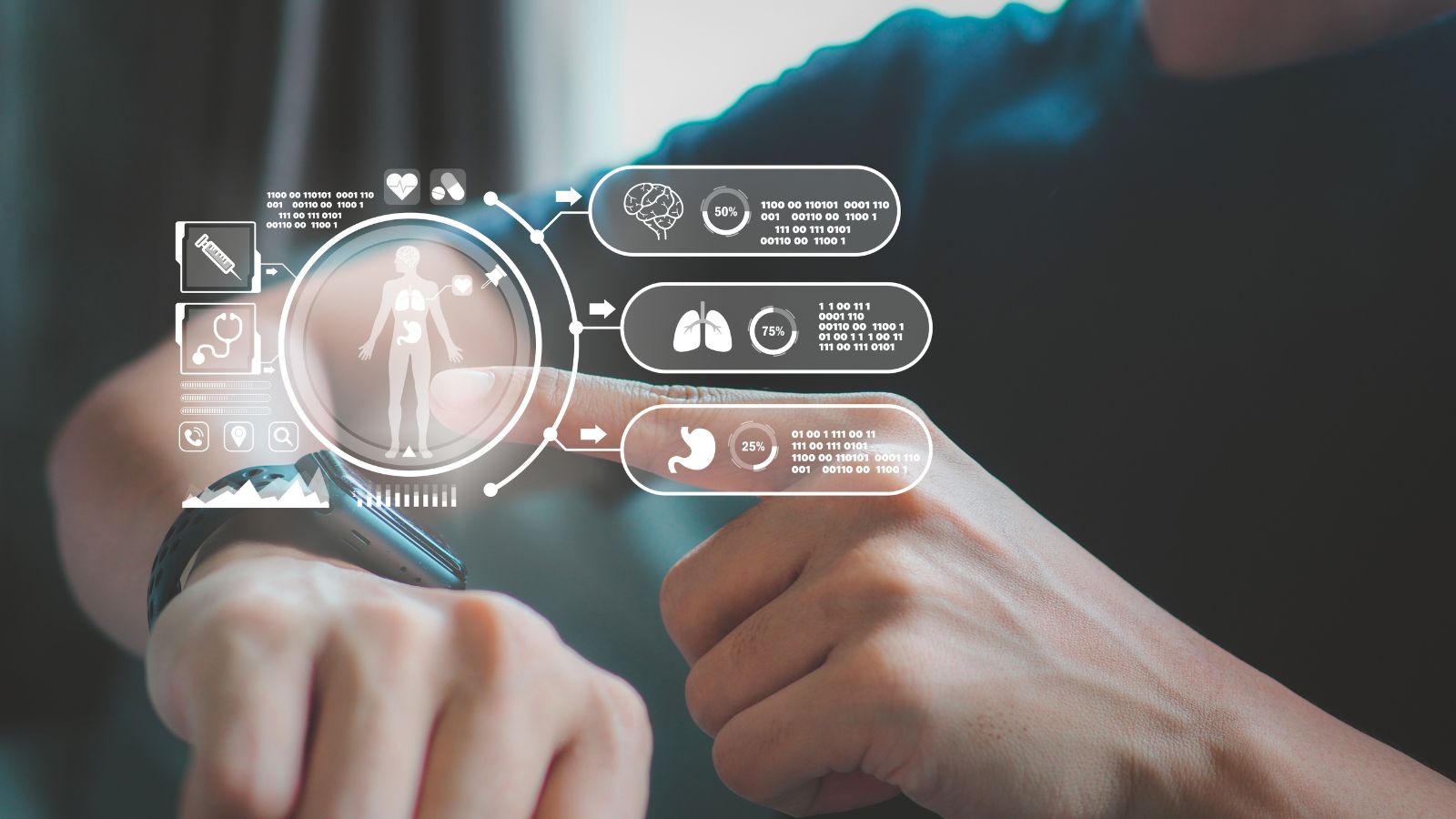
A fitness tracker monitors activity, heart rate, sleep pattern, and all other activity, collecting very detailed health data; intimate details about a person’s daily habits and health may be disclosed, even to third parties, or used for targeted advertisement.
Smart Light Bulbs Record Data

Smart light bulbs can track how often they are used; manufacturers or third parties can collect data about your habits. This will show the world when you are home, awake, or away, raising questions regarding data on your habits that are transmitted and may be shared or sold to third parties in ways unrelated to your genuine interests.
Laptops and PCs with Cameras and Mics
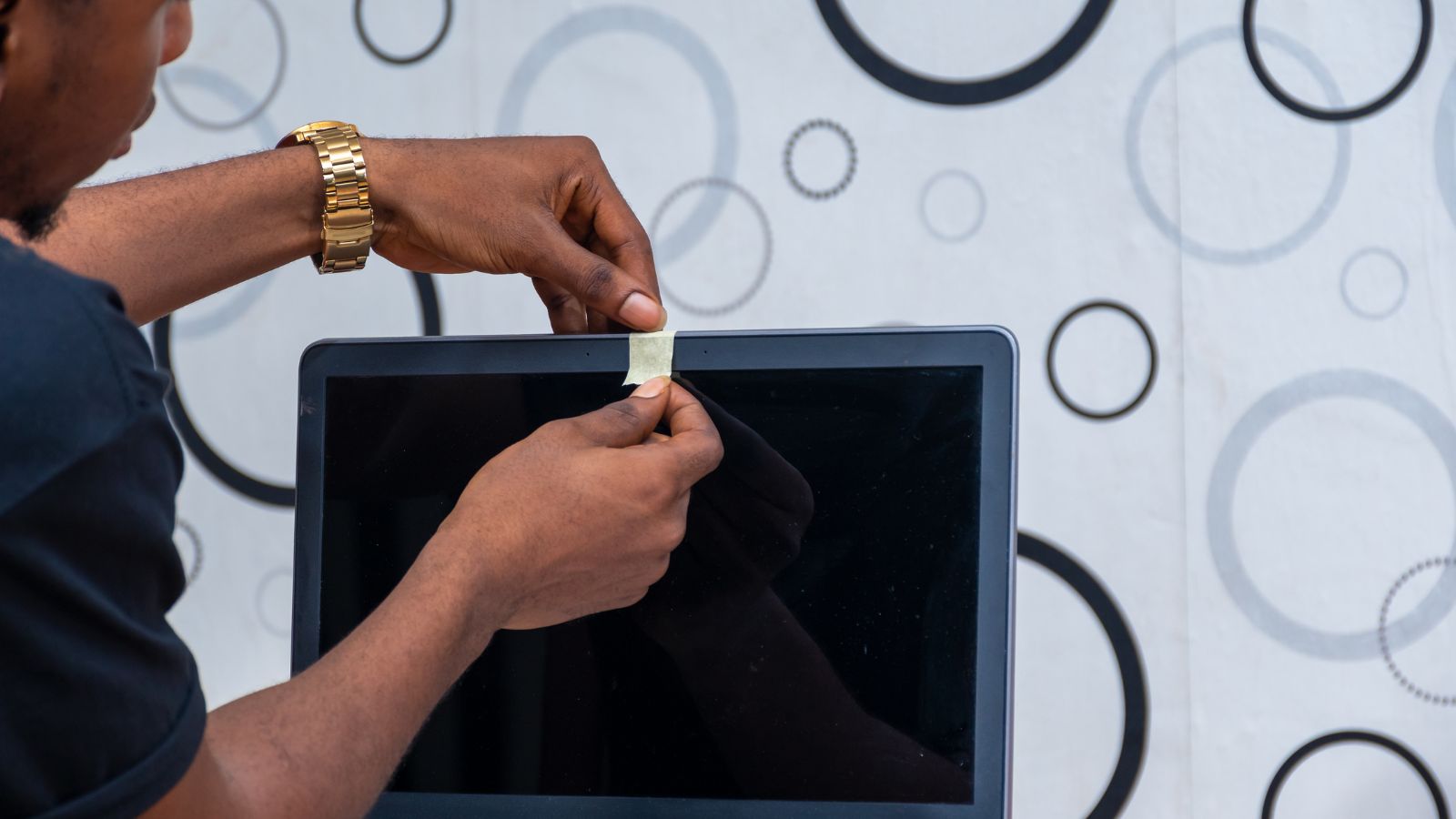
How horrifying it is to realize that laptops and PCs with built-in cameras and microphones can also be hacked. Such hackers can then gain remote access to them, activating the devices by cybercriminals or malicious software without your consent. This allows them to record your conversations or capture images and videos.
Wi-Fi Routers Track Devices
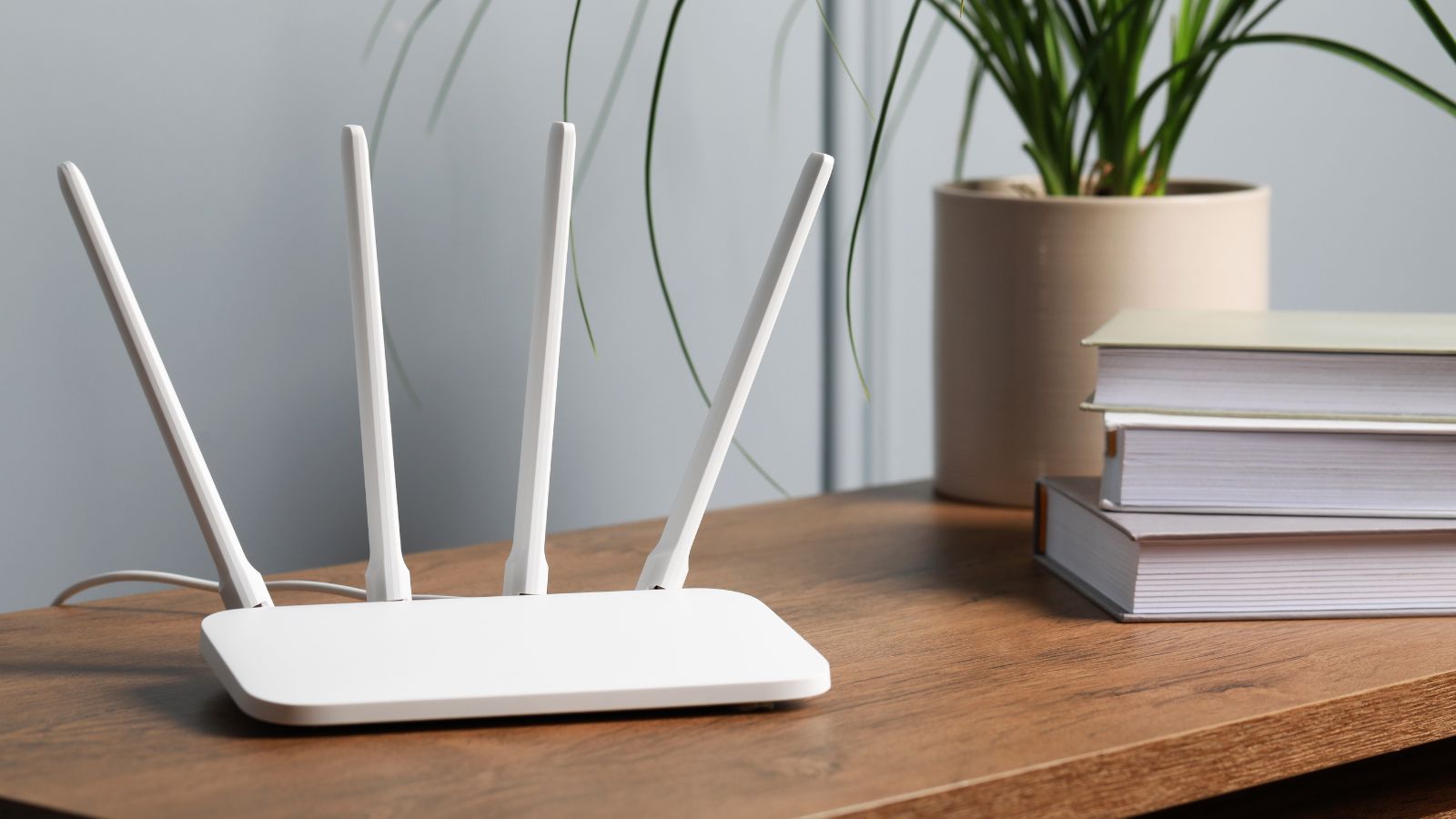
Wi-Fi routers can track each device that connects to your network, logging data that includes the devices accessing the Internet, how long you used your connections to access the Internet, and even Internet activity. This information all combines into a very detailed record of your online behavior, accessible to Internet service providers as well as hackers should your network be unsecured.
E-Commerce Sites Monitor Buying Behavior
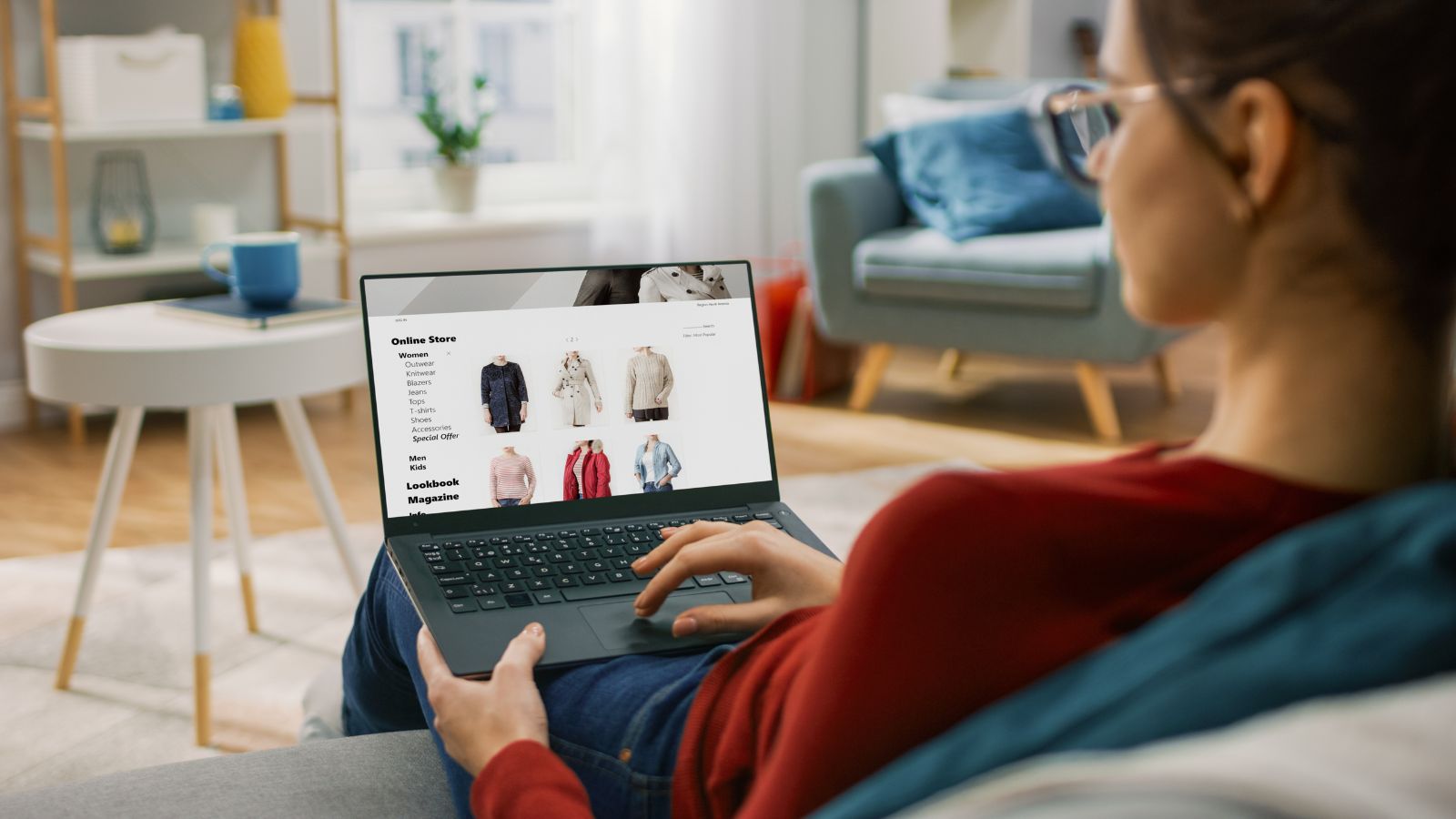
E-commerce sites like Amazon track what people browse at what time, how much time they spend on the page for a product, and what they purchase. This can be useful in keeping you having a more customized experience and recommending things to you, but at the same time, your buying behaviors are constantly being monitored.
Public Wi-Fi Networks
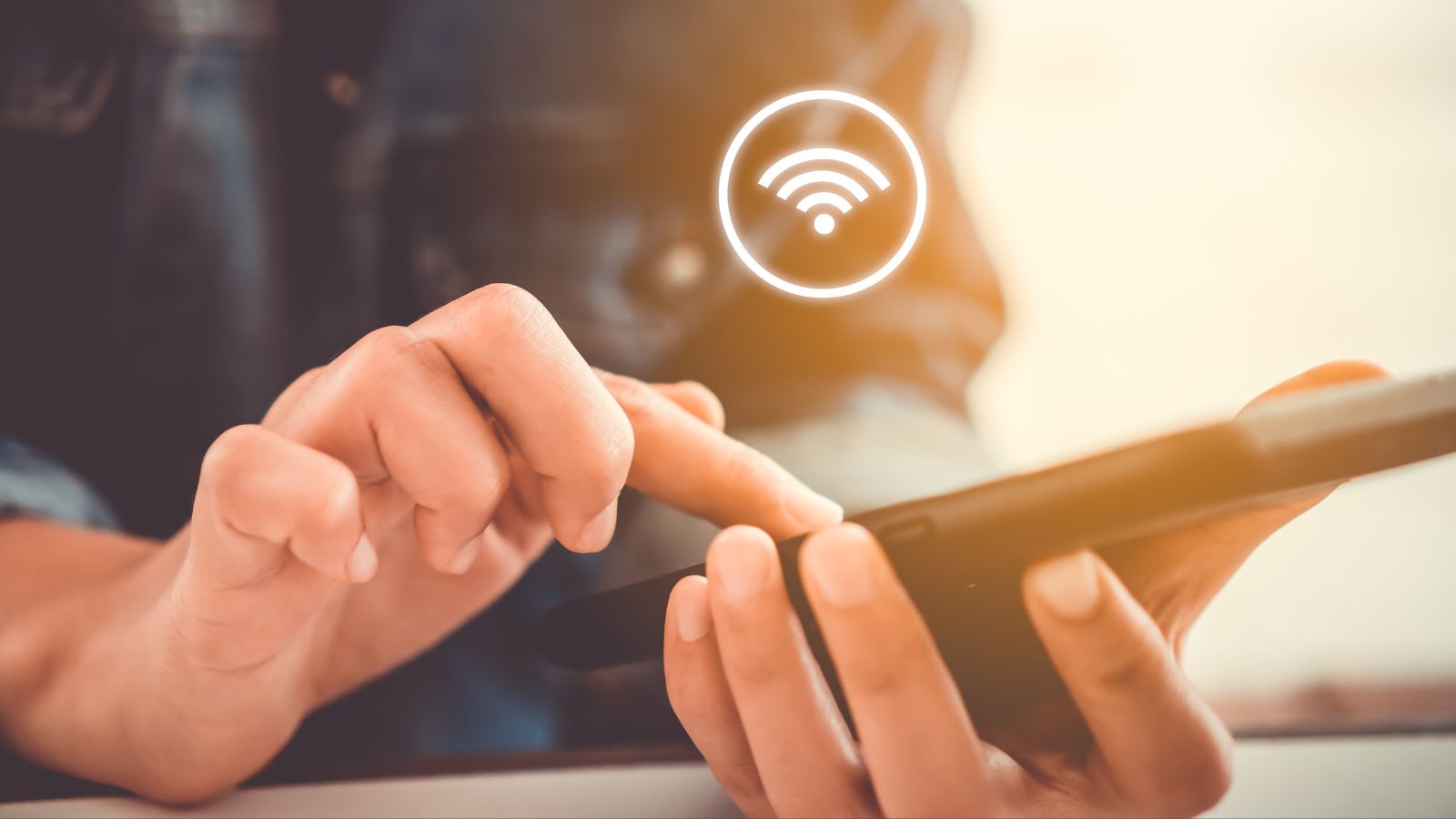
The public Wi-Fi networks in cafes, coffee shops, or airports are mostly unsecured. You may easily fall into the hands of hackers when you access a public network, as the hackers can view all your online activities along with your data and even login credentials.
Smart Refrigerators and Appliances

Smart refrigerators and smart appliances will collect usage habits, such as when you open the fridge or use certain features on the appliances. Data about this usage typically flows to manufacturers or third-party services to optimize performance. It can also be transmitted to support targeted advertising or product suggestions, raising privacy concerns over how your household habits are being monitored.
Online Maps Record Travel Routes
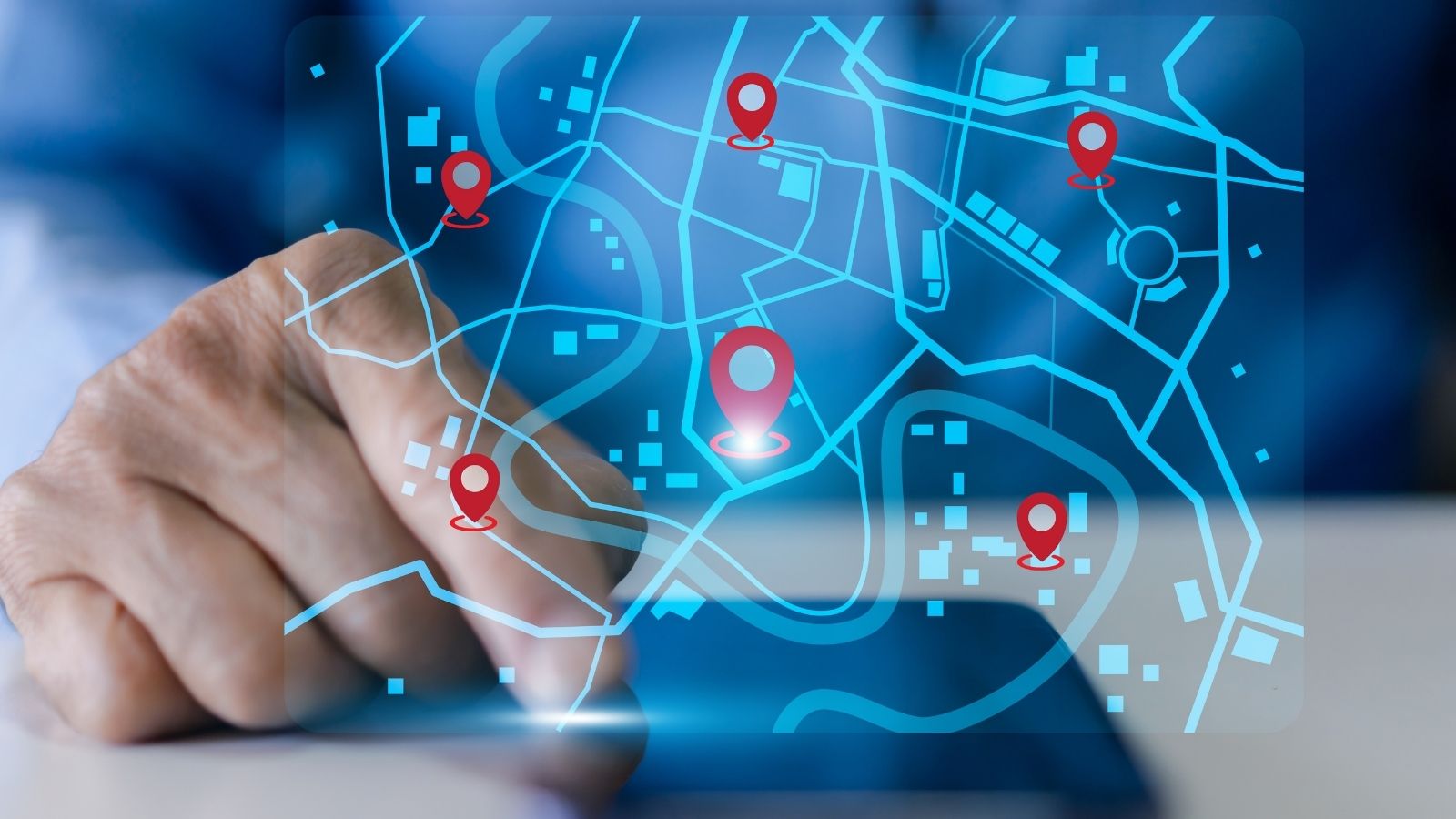
Google Maps keeps your routes traveled and location history. It can monitor who, where, and when. The information helps the service provider calibrate its accuracy and provide you with personalized recommendations. Still, it also means your movements are tracked, available to the service provider, and potentially shared with third parties.
Email Services Read Your Messages

Many free email services scan your messages for keywords to personalize ads to your interests. This activity involves algorithms that go through the content of your emails, which could raise a red flag in terms of privacy. The data is generally anonymized and meant to assist with ad targeting; however, it illustrates how private communications come under surveillance, even in private events.
Bluetooth Devices
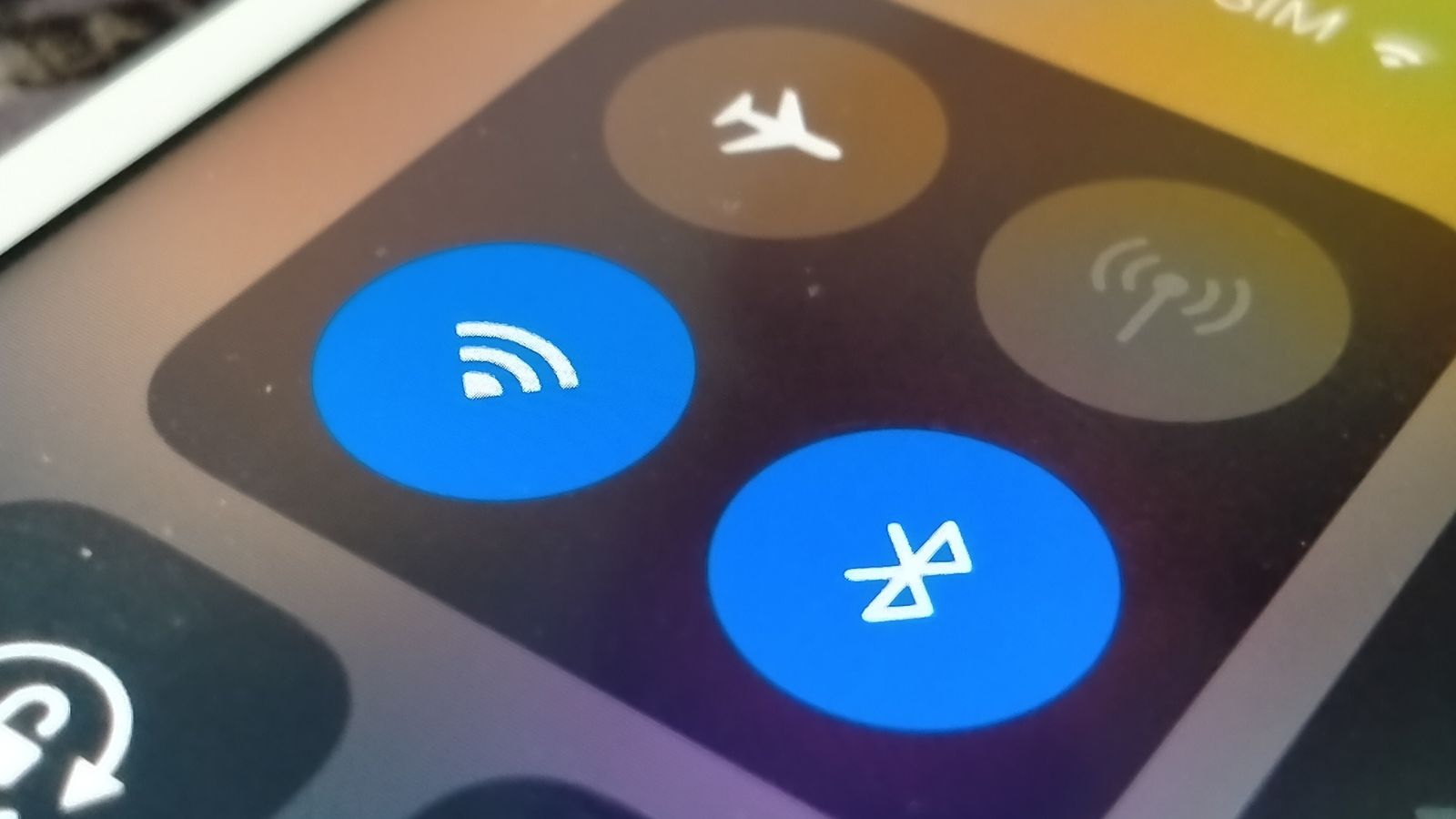
A malicious hacker can access your personal information or monitor your location using a Bluetooth device such as a headphone or a watch. From this point, I can clarify that Bluetooth is usually secure, but a weak device protocol or security may leave your life open to unauthorized access.
Security Cameras
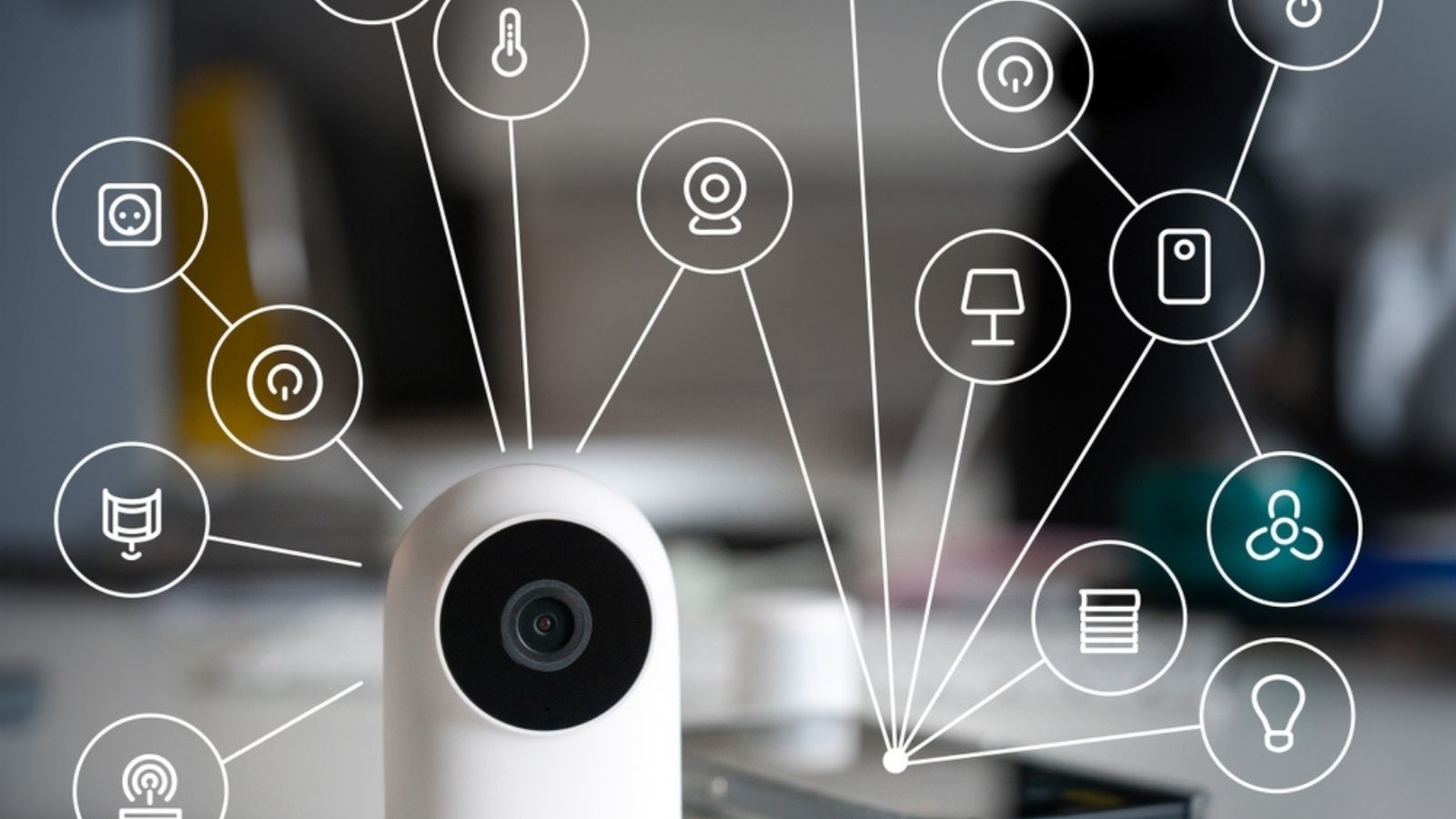
Modern security cameras, especially those connected to the internet, are a potential danger to privacy: they usually store footage in the cloud. This means that hackers or unauthorized parties might access or misuse such sensitive information if it is not well secured. Even legitimate services may face breaches, and your private moments may be at risk of being seen.
Printers with Memory
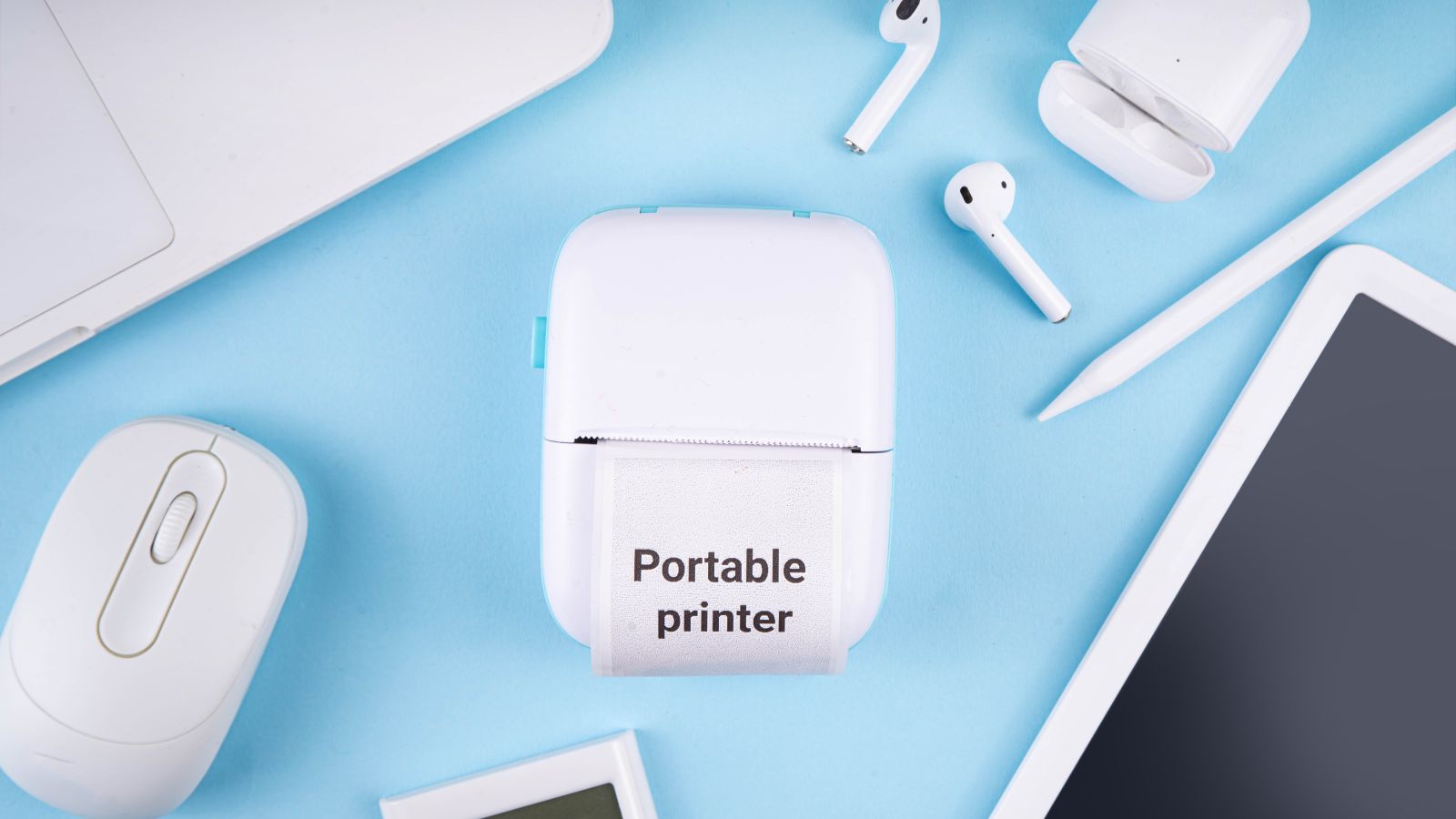
Modern printers are equipped with their memory. That is where copies of the documents you printed are kept. Therefore, sensitive or confidential information may remain in the hard drive of that printer way beyond the time you have finished conducting your printing task and becomes susceptible to unauthorized access or retrieval if the printer is hacked or when being disposed of improperly.
Conclusion
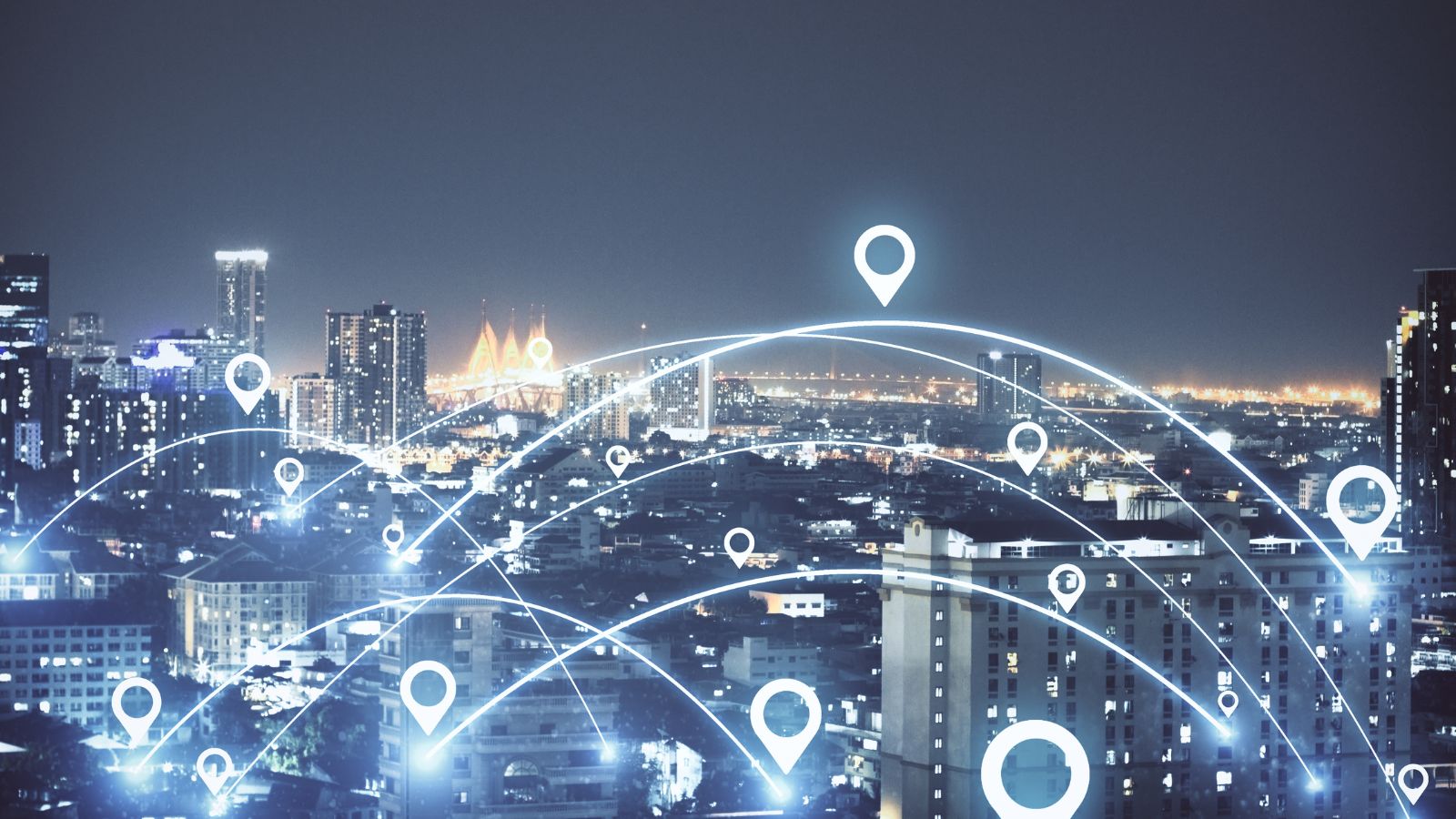
As modern technology develops at a lightning pace, our daily appliances can collect and exchange personal data. This facility can somewhat enhance functionality and user experience, but undeniably, big privacy concerns are raised. An informed awareness of how your technology might be keeping track of and recording actions is essential. Knowing these will enable you to take steps to ensure better control over your private life. Adjust settings, use privacy tools, and know what you allow on your devices and apps.
18 Reasons Why People Are Leaving Florida in Masses

Exploring factors that impact the desirability of living in Florida, this list delves into various challenges shaping residents’ experiences. From environmental concerns like rising sea levels to economic factors such as fluctuating job markets, these issues collectively contribute to a nuanced understanding of the state’s appeal.
18 Reasons Why People Are Leaving Florida in Masses
